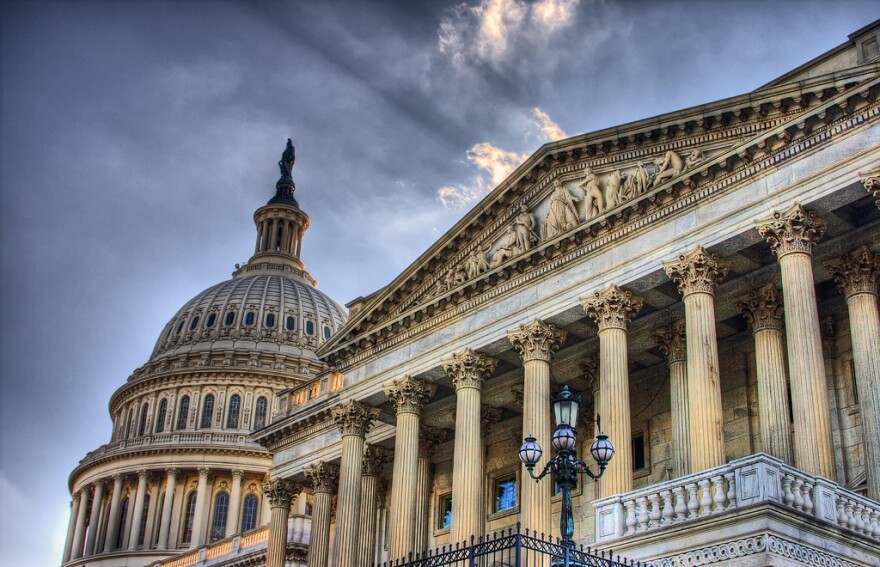Vermont economic development officials are hopeful that Congress will renew the operations of the Export-Import Bank later this month. The bank's authority expired this week, and the future of this program has set off a major debate in Washington.
Audio from this story will be posted at approximately 11 a.m. on Monday, July 6.
Over the past five years, roughly a dozen Vermont businesses have qualified to take advantage of the financial programs of the Export-Import Bank.
"Over the last several years, there's been $113 million in export value that has somehow gone through the Export-Import Bank programs,” says Jo Bradley, the chief executive officer of the Vermont Economic Development Authority, an agency that helps match Vermont businesses with bank programs.
“And they're small businesses, too. They're not the larger businesses but, you know, Vermont is full of small businesses, so a lot of them are the smaller businesses that are trying to get their products in the world market,” Bradley says.
Bradley is enthusiastic about the work of the Export-Import Bank. She says the bank guarantees loans for working capital and it provides a kind of insurance to make sure companies are reimbursed for products they’ve sold overseas.
Northern Power Systems has been part of the Export-Import Bank program since 2011. The business makes a variety of small-scale wind turbines and employs 80 people at its main office in Barre. Mike Concessi, the director of commercial finance, says his company turned to the bank when U.S. sales started to slow down in 2011.
"Over the last several years, there's been $113 million in export value that has somehow gone through the Export-Import Bank programs." - Jo Bradley, Vermont Economic Development Authority CEO
“Our markets began to grow outside of the U.S. in predominately Italy and in the U.K.,” Concessi says. “Well, that's exactly why Ex-Im exists: to help small manufacturers like us to export U.S. made product overseas."
And Concessi says the bank offered some critical financial assistance.
"Our line of credit, for example, is tied to the ability to borrow. And we can borrow on two simple things: inventory and receivables that are exported. That's where we've been very fortunate to take advantage of that program,” Concessi says.
Congress is likely to consider a plan to reauthorize the Export-Import Bank when it returns to Washington next week. But a coalition of House members opposes this effort.
A group of conservative Republicans want to shut the bank down as part of a plan to shrink the size of the federal government, and a number of liberal Democrats think the bank primarily subsidizes the operations of large corporations that don't need the assistance.






